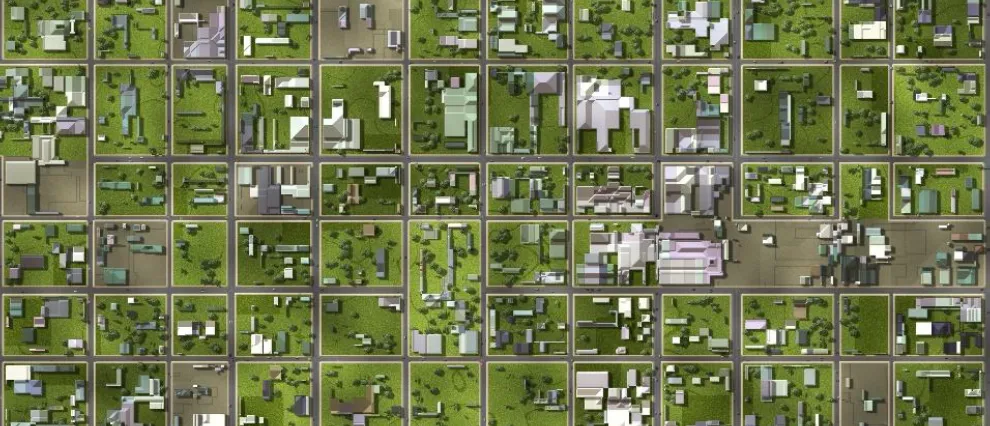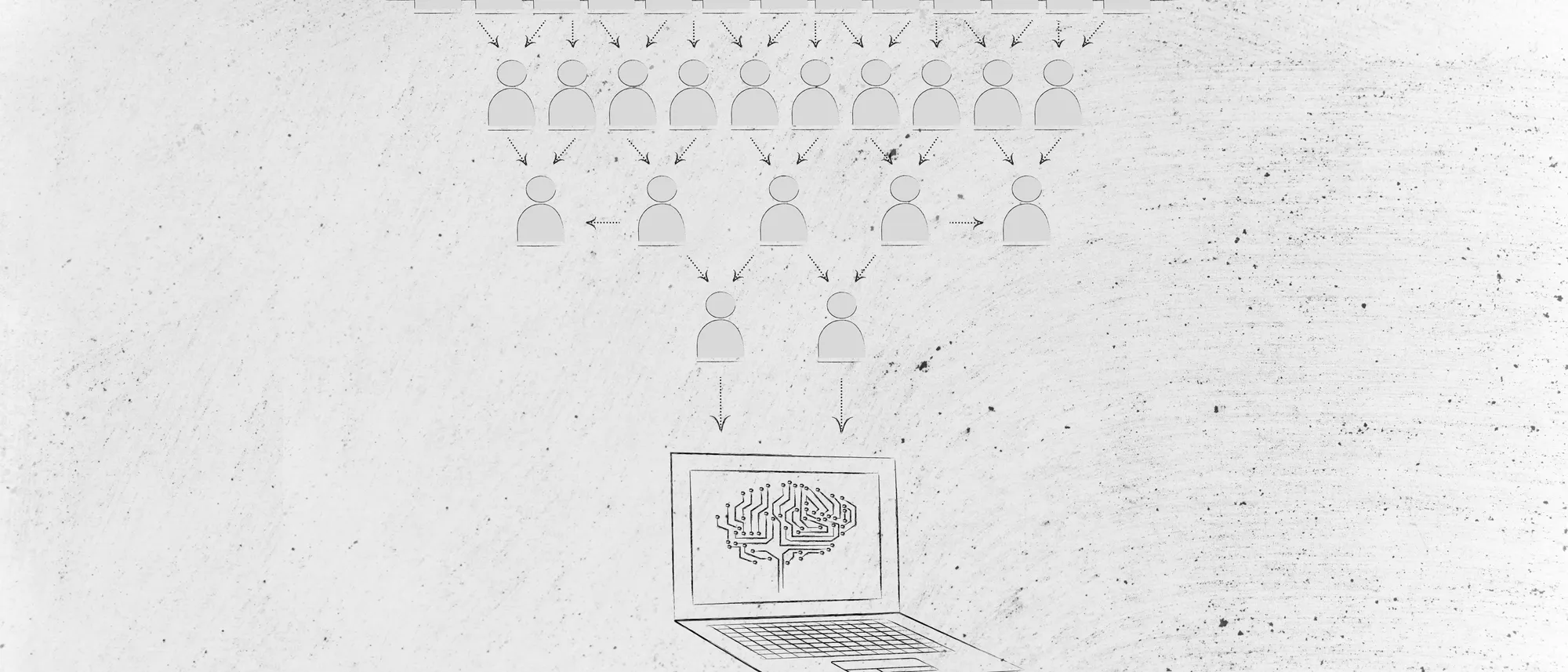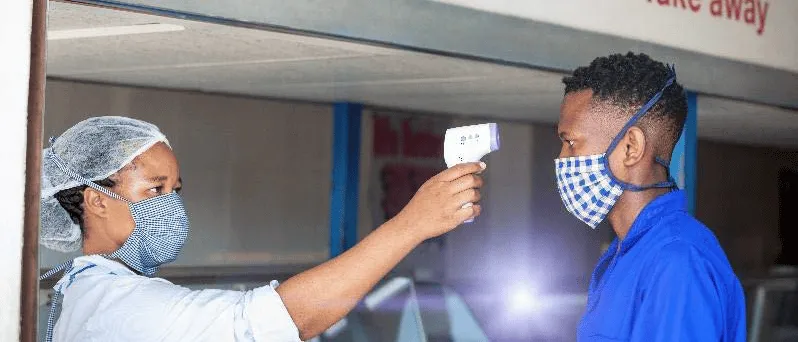Training nurses and midwives in DRC
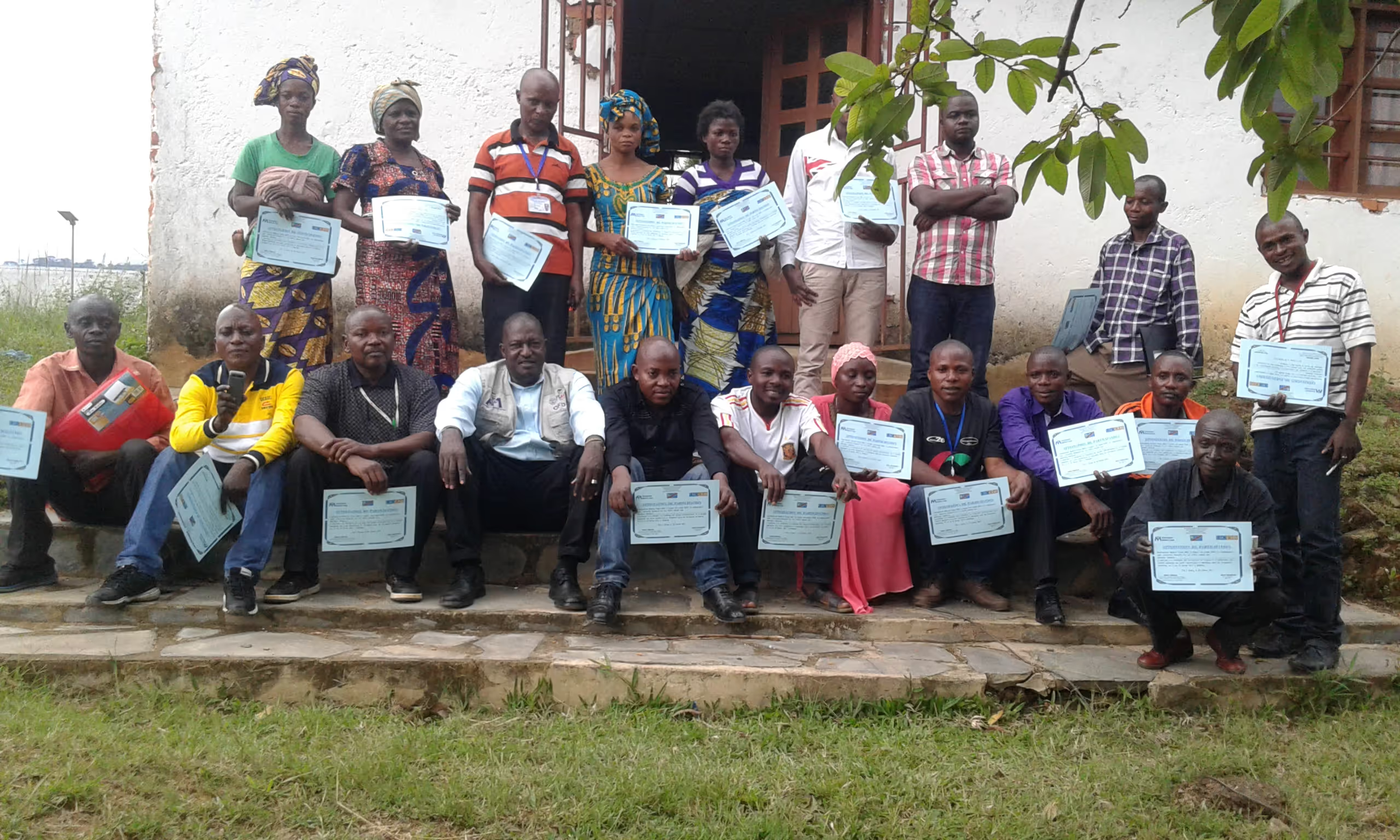
By: Joel Ambebila, DRC Programme Director at International Medical Corps
Humanitarian work in the Eastern Democratic Republic of Congo (DRC) has long been challenged by the presence of numerous armed groups: about 40 armed groups continue to commit human rights abuses in North and South Kivu Provinces. Regular fighting has led to loss of life, property and livelihoods and to a breakdown in social support networks, plunging affected communities deeper into poverty.
This ongoing humanitarian crisis has largely contributed to the challenges faced by the health system in this part of the country. According to UNOCHA, as of 31 December 2016, the Democratic Republic of the Congo had more than 2.2 million internally displaced people (IDPs), of whom 52% are women and girls. Almost 90% of displacements are caused by violence and conflict. With 40% of the population displaced, North Kivu is one of the most affected provinces.
Although conditions have improved in recent years, health facilities remain plagued by the country's problems: outdated equipment, low staff capacity, lack of infrastructure, poorly paid staff and drug shortages. Years of corrupt leadership and low levels of investment in health have all taken a toll.
Over her lifetime, a Congolese woman faces a 1-in-24 chance of dying from complications arising from pregnancy or childbirth. The main causes of maternal death in DRC are haemorrhages (47%), anaemia (15.6%), eclampsia (8.2%), and septicaemia (11.8%). Fertility rate remains one of the highest in the world with 6.3 children per women at the national level and 7.3 in the rural areas – yet contraceptive prevalence rate has decreased gradually from 15% in 1990 to 8% in 2014. In this part of the country, 63% of women are unable to access health services due to the long distances required to travel to health facilities, as well as lack of funds.
By: Joel Ambebila, DRC Programme Director at International Medical Corps
Humanitarian work in the Eastern Democratic Republic of Congo (DRC) has long been challenged by the presence of numerous armed groups: about 40 armed groups continue to commit human rights abuses in North and South Kivu Provinces. Regular fighting has led to loss of life, property and livelihoods and to a breakdown in social support networks, plunging affected communities deeper into poverty.
This ongoing humanitarian crisis has largely contributed to the challenges faced by the health system in this part of the country. According to UNOCHA, as of 31 December 2016, the Democratic Republic of the Congo had more than 2.2 million internally displaced people (IDPs), of whom 52% are women and girls. Almost 90% of displacements are caused by violence and conflict. With 40% of the population displaced, North Kivu is one of the most affected provinces.
Although conditions have improved in recent years, health facilities remain plagued by the country's problems: outdated equipment, low staff capacity, lack of infrastructure, poorly paid staff and drug shortages. Years of corrupt leadership and low levels of investment in health have all taken a toll.
Over her lifetime, a Congolese woman faces a 1-in-24 chance of dying from complications arising from pregnancy or childbirth. The main causes of maternal death in DRC are haemorrhages (47%), anaemia (15.6%), eclampsia (8.2%), and septicaemia (11.8%). Fertility rate remains one of the highest in the world with 6.3 children per women at the national level and 7.3 in the rural areas – yet contraceptive prevalence rate has decreased gradually from 15% in 1990 to 8% in 2014. In this part of the country, 63% of women are unable to access health services due to the long distances required to travel to health facilities, as well as lack of funds.
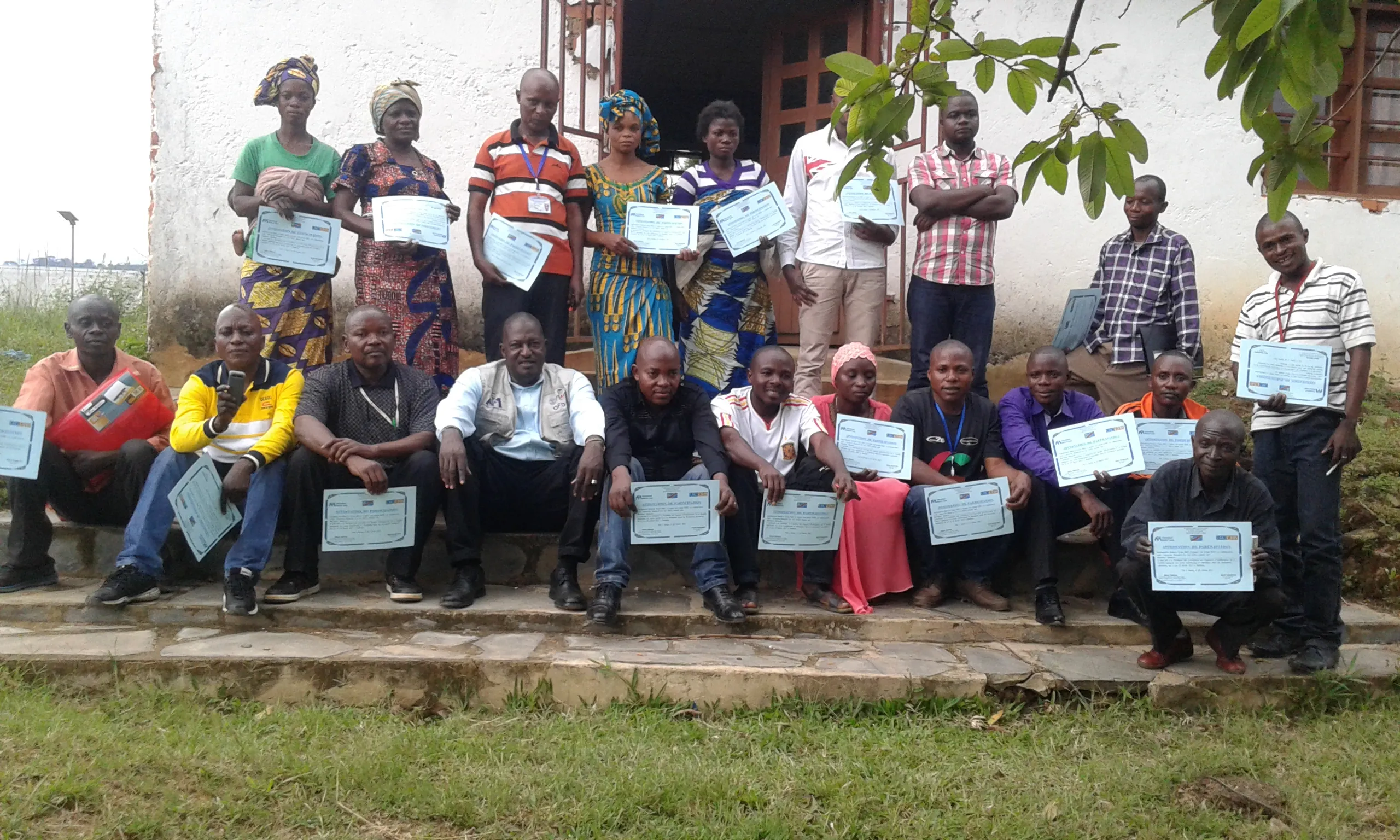
Improving reproductive health care in North Kivu
In order to effectively improve reproductive health care services to IDPs, International Medical Corps is carrying out research amongst conflict-affected communities in North Kivu of the DRC. As part of the research, nurses and midwives in health facilities were trained on how they can improve the quality of reproductive health services provided in their health facilities. This training took place from the 13th of February to the 17th of February 2017 in the Walikale health zone.
As part of this training, nurses and midwives were trained on concepts such as team work and communication.
Esther Nkesina, who has worked as a midwife at CS Ndofia for more than 20 years, said: "Several years of seniority does not mean several years of good practice. I did not think I could learn again, but thanks to this project I have learned new things about Active Management of Third Stage Labour (AMTSL) and the filling of partographs.”
Faida Mboelonge, a midwife at the Walikale Reference General Hospital, added: “I, who have always respected the protocols, did not think there was anything better yet to be improved - I was surprised that during my field visits I realised that there was still room for improvement.”
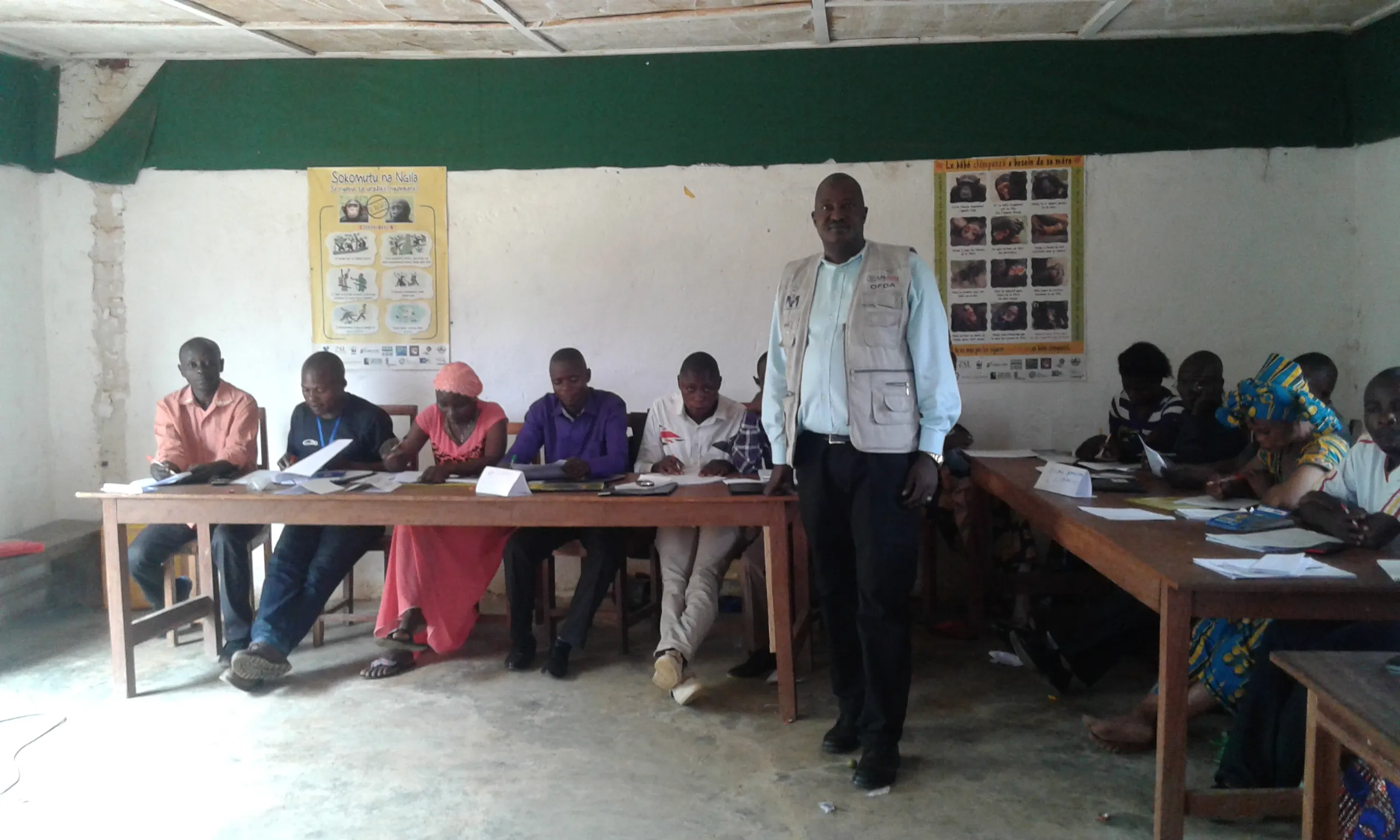
On the right track
I am looking forward to analysing the data for the research after which the results and findings will be presented to partners and the National Minister of Health in Kinshasa. With the achievements made so far in this project, I am certain that we are on the right track to achieving the goals of the project. With the reproductive kits already delivered and all the trainings done, we are certain that this will contribute to improving the situation of reproductive health in the DRC.
Stay updated
Sign up for our newsletter to receive regular updates on resources, news, and insights like this. Don’t miss out on important information that can help you stay informed and engaged.
Explore Elrha
Learn more about our mission, the organisations we support, and the resources we provide to drive research and innovation in humanitarian response.
